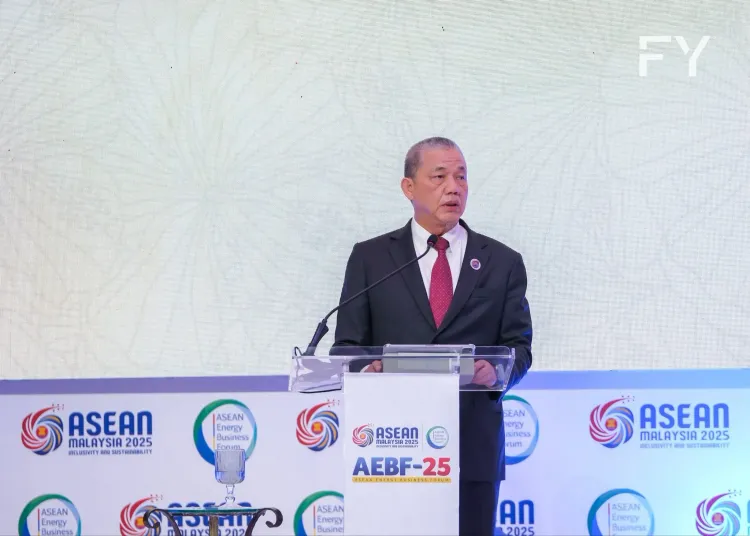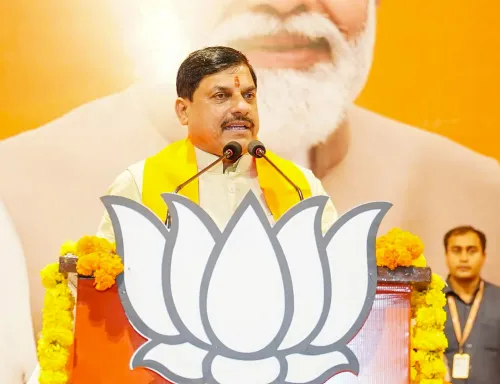How Will the ASEAN Power Grid Enhance Energy Security?

Synopsis
Key Takeaways
- The ASEAN Power Grid initiative aims to enhance energy cooperation among ASEAN countries.
- It focuses on improving energy security and promoting renewable energy adoption.
- The project aims for a fully interconnected grid by 2045.
- Public-private partnerships and green financing are essential for the initiative's success.
- This initiative reflects ASEAN's commitment to sustainable economic growth.
Kuala Lumpur, Oct 16 (NationPress) The ASEAN Power Grid initiative is set to enhance energy collaboration among the nations of the Association of Southeast Asian Nations (ASEAN), strengthening energy security and boosting the adoption of renewable energy sources within the region, stated Malaysian Deputy Prime Minister Fadillah Yusof.
During his address at the ASEAN Energy Business Forum 2025 on Wednesday (local time), Fadillah emphasized the necessity for ASEAN to prepare for future energy requirements and ensure the provision of accessible and sustainable energy for its citizens, which is crucial for economic development, according to reports from Xinhua news agency.
He remarked, "This initiative embodies our vision for a vibrant, equitable, and people-oriented ASEAN. Energy is indeed a fundamental driver of this ambition."
Fadillah highlighted that ASEAN should aspire to become a hub for clean energy investments by facilitating public-private partnerships, green financing, and climate funds, emphasizing that the region's energy transition necessitates significant investments—amounting to billions of dollars—in generation, transmission, innovation, and skill development. He stressed the importance of efficient financing mechanisms for successful implementation.
Furthermore, Yussuf Uwamahoro, a lead energy specialist at the World Bank, noted that the initiative, which aims for a fully interconnected grid among all ASEAN countries by 2045, is indeed ambitious yet attainable. It promises to create a more resilient and sustainable power grid while assisting the region’s journey towards net-zero emissions by the middle of the century.
“No nation is isolated when the region is interconnected. In the realm of green energy, which is currently a major driving force, integrated power systems facilitate the scaling of variable renewables such as solar and wind, enabling the region to meet its climate objectives,” he stated.
Last month, Malaysia's Minister of Investment, Trade, and Industry Tengku Zafrul Abdul Aziz mentioned that addressing trade disruptions caused by protectionism and the rise of unilateral trade measures continues to be a primary focus for ASEAN.
He added that ASEAN is committed to engaging constructively with all external partners and is prepared to deepen economic collaborations that yield mutual advantages for the bloc and its allies.









